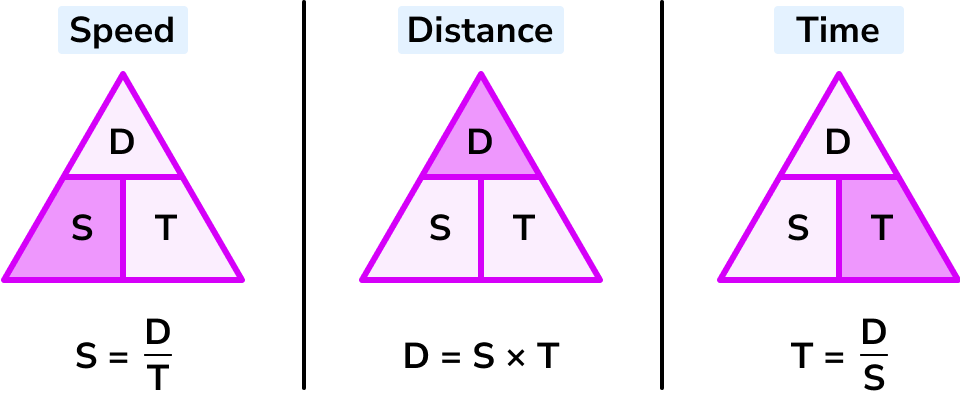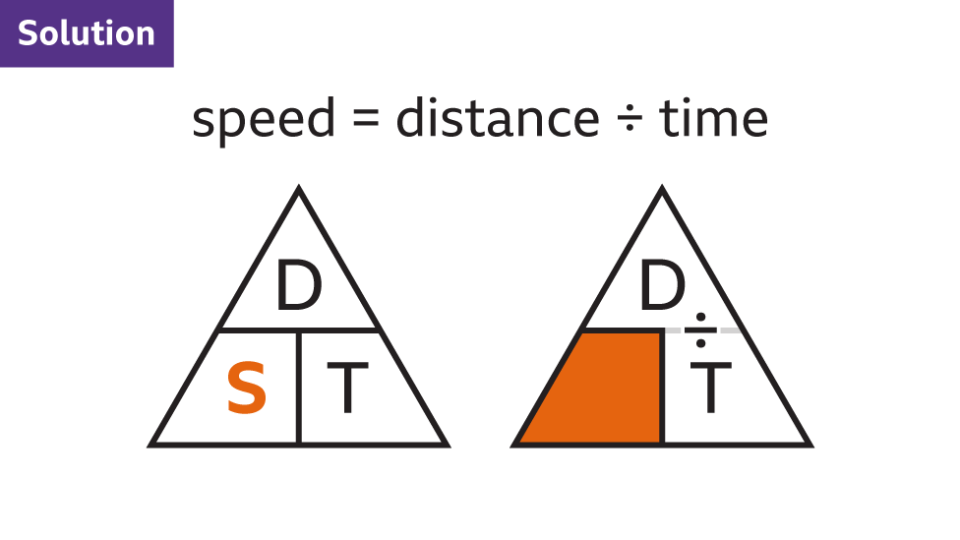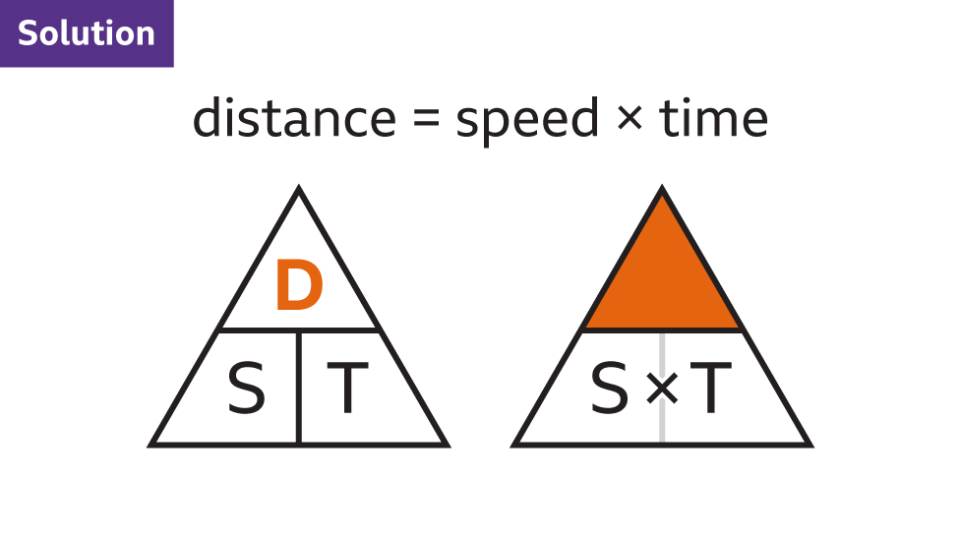What is one of the things Thomas Edison invented?
The lightbulb, the motion-picture projector used in cinemas etc.
Name the three states of matter.
Solid, liquid, gas
"The space that something takes up" - is this mass, volume or density?
Volume
What shape can you use to help you calculate speed, distance or time?
A triangle

How do you pronounce this word?
Variable
/ˈveə.ri.ə.bəl/
Who discovered the laws of gravity after watching an apple fall from a tree?
Sir Isaac Newton
When the particles of an object are tightly packed and usually in a regular pattern, is this a solid, liquid or gas?
A solid
False
If you know the distance and time, how can you find the speed?
By dividing the distance by the time

How do you pronounce this word?
Chemistry
/ˈkem.ɪ.stri/
What important work did Rosalind Franklin do?
She made X-ray images of DNA, which was a very important part of the research that led to the discovery of the structure of DNA.
Name three liquids.
Milk, water, oil, paint...
Name three physical properties.
Hardness, colour, malleability, odour, length, temperature, mass, volume, density...
If you know the speed and time, how can you find the distance?
By multiplying the speed and time

How do you pronunce this word?
Liquid
/ˈlɪk.wɪd/
What is the name of the scientist/engineer who invented the telephone?
Alexander Graham Bell
What takes on and fills shape of container?
A gas
What unit is mass measured in?
Kilograms
Lauren walks 100m in half a minute. What must her speed be to travel this distance?
(the unit of the answer is in minutes per second)
3.33 m/s
How do you pronounce this word?
Divide
/dɪˈvaɪd/
Who invented the World Wide Web?
Sir Tim Berners-Lee
Fill in the blanks:
Solid materials won’t change _______,
unless a force is applied to them.
Solids always take up the same amount of _______,
you can hold solids in your hands.
Solid materials won’t change shape,
unless a force is applied to them.
Solids always take up the same amount of space,
you can hold solids in your hands.
If you know the mass and volume of an object, how can you find out the density?
D = M/V
Density = Mass divided by Volume
Which three units could time be measured in?
Hours, minutes or seconds
How do you pronounce this word?
Measure
/ˈmɛʒə/